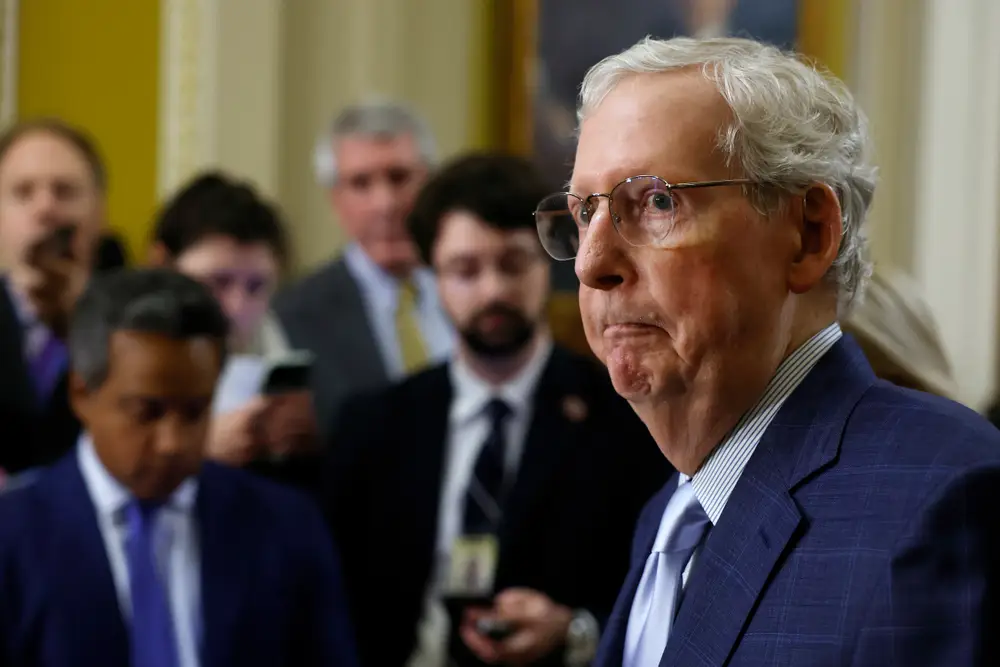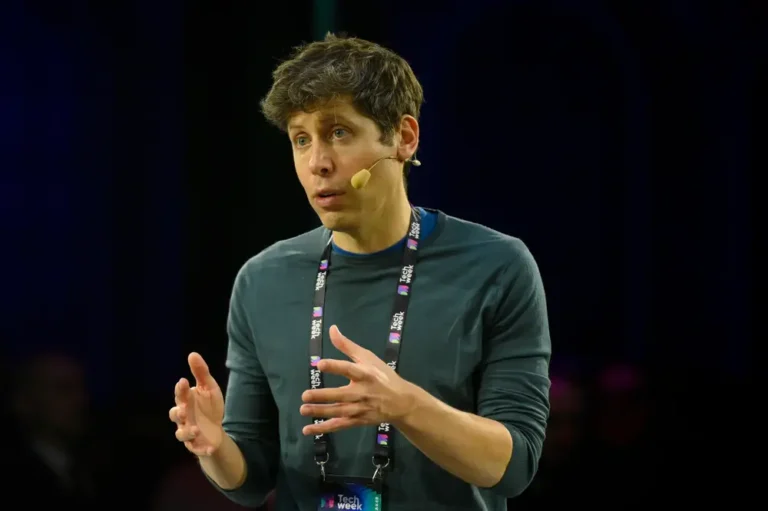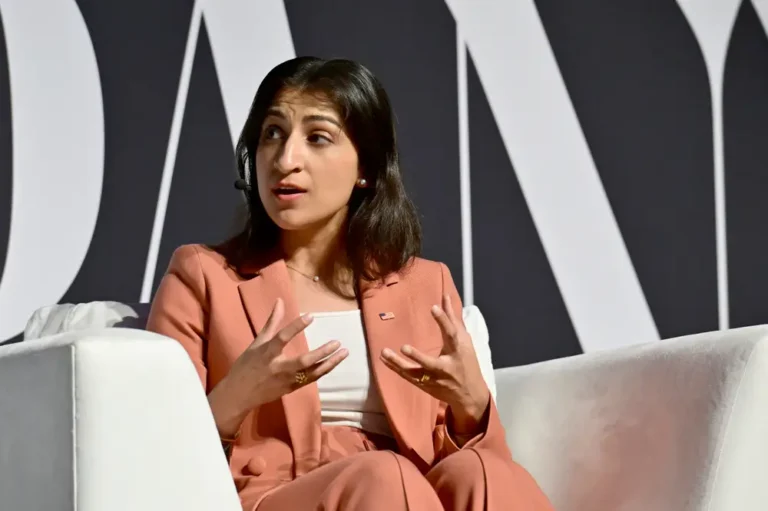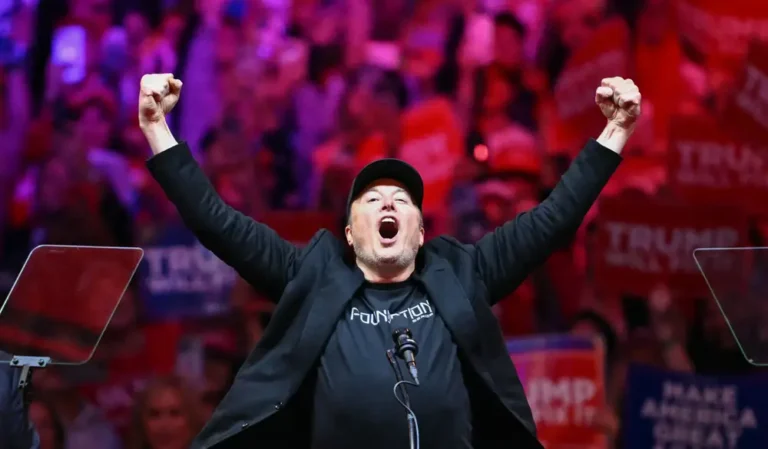TikTok once planned to use content posted by its users to influence Mitch McConnell, lawsuit reveals

Attorneys general from 14 states are suing TikTok for using an algorithm they say harms children’s mental health.
TikTok is battling on all fronts.
Earlier this month, attorneys general from 14 states filed lawsuits against TikTok, claiming the app’s algorithm is addictive and harmful to children. The coordinated legal attack mirrors strategies the government has used against big corporations in the past, like Purdue Pharma.
The company is also facing a deadline set by Congress to find a new owner for the app by January or face a potential ban in the United States. Lawmakers say they are concerned that TikTok, which ByteDance, a Chinese company, owns, could be compelled to share data on American users with the Chinese government.
Now, internal TikTok documents included in the state lawsuits are shedding new light on how TikTok tried to influence Congress during its debate on a potential ban.
While heavily redacted, reporters from Kentucky Public Radio were able to read some of the documents included in the Kentucky attorney general’s lawsuit by pasting redacted material from the documents into another file, according to NPR.
One of those documents revealed that TikTok planned to use content from its users to sway lawmakers, including influential Sen. Mitch McConnell, who supported the TikTok ban.
According to the complaint filed by the Kentucky attorney general, the company identified TikTok videos posted by Kentucky businesses — like a hot dog shop, a record store, and a bait and ammunition store — as possible accounts that could appeal to McConnell, NPR reported.
TikTok said in a statement to B-17 that the company regularly works to educate a “wide range of policymakers on the benefits of our platform, including how 7 million small businesses nationwide use TikTok to reach new customers, grow, and create jobs.”
“As is standard practice at other companies, we also monitor public sentiment on issues that relate to the company,” TikTok said.
The documents uncovered by Kentucky Public Radio also detailed other findings in the coordinated state investigation, including that TikTok’s own internal research showed it knew its app was addictive to children.
TikTok told B-17 in a statement that the multi-state legal complaint “cherry-picks misleading quotes and takes outdated documents out of context to misrepresent our commitment to community safety.”





